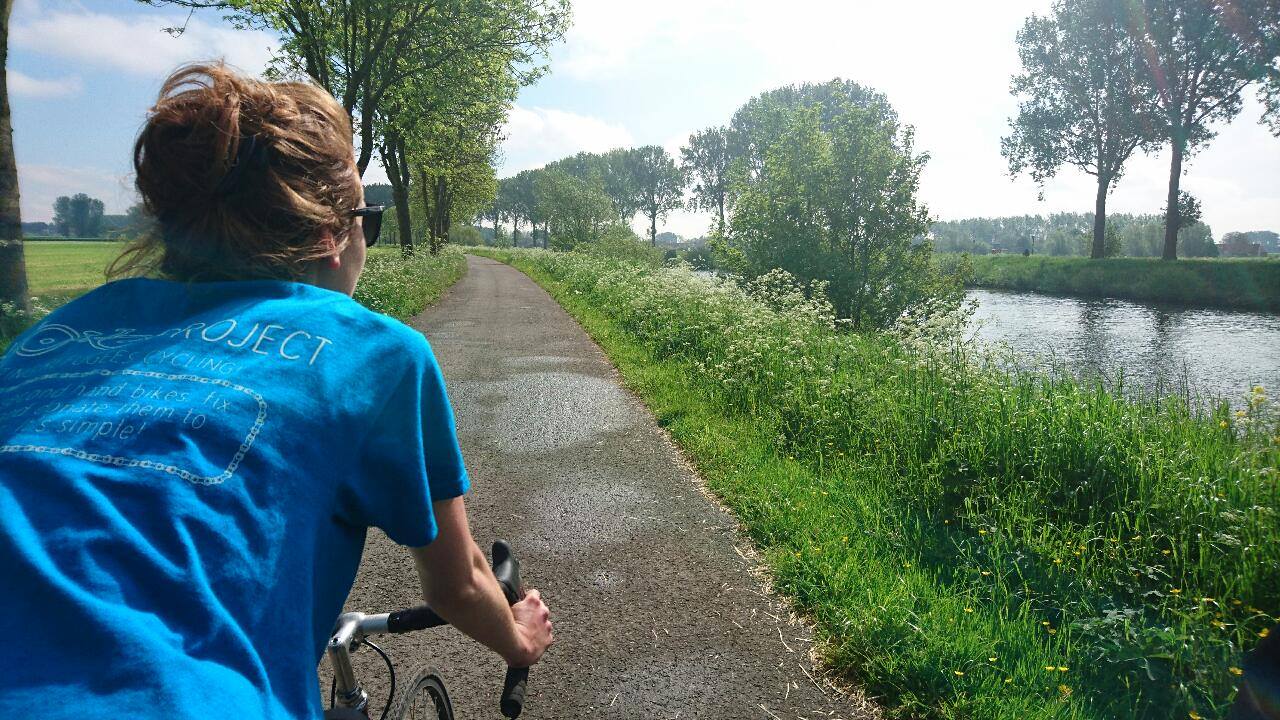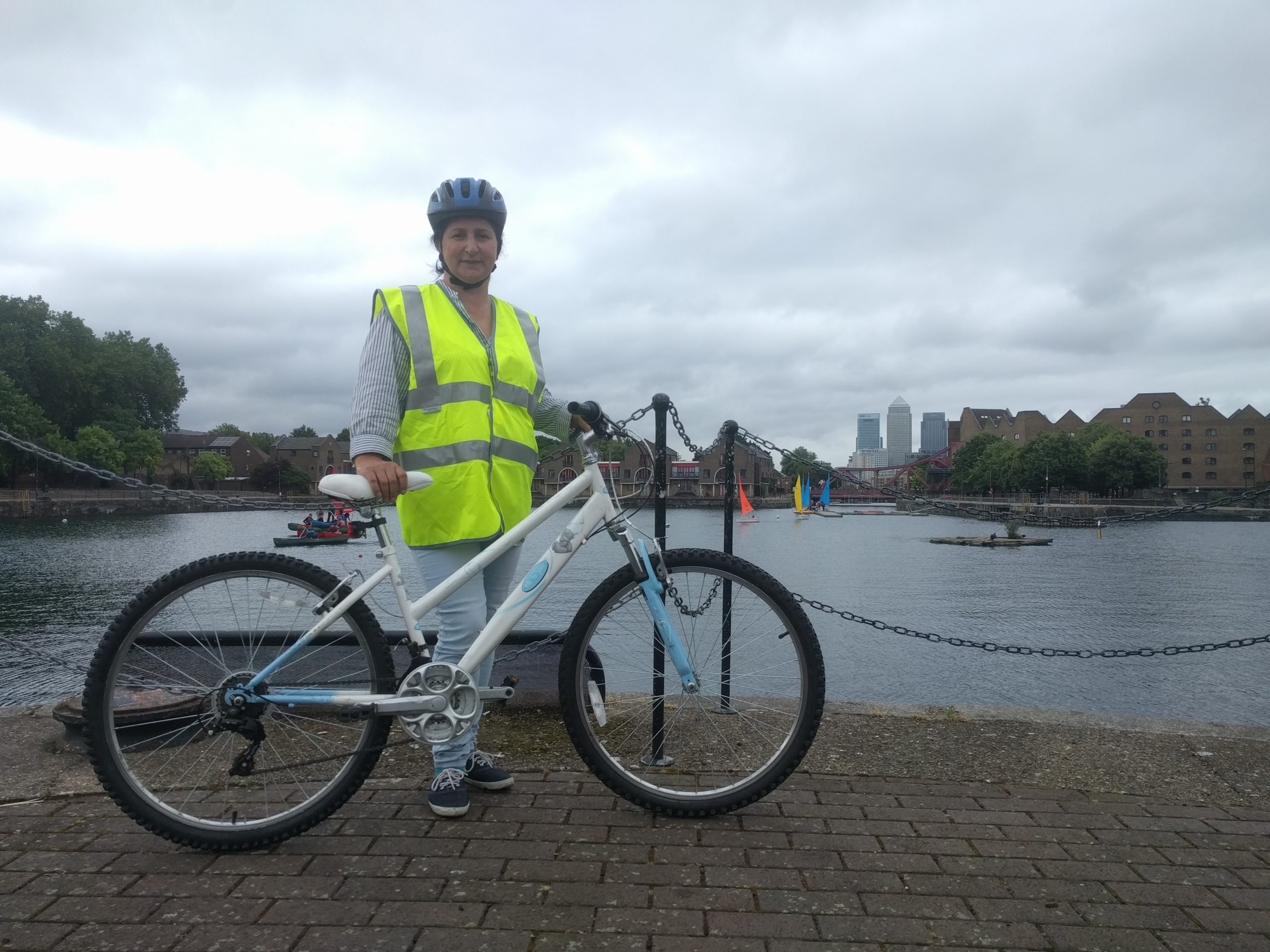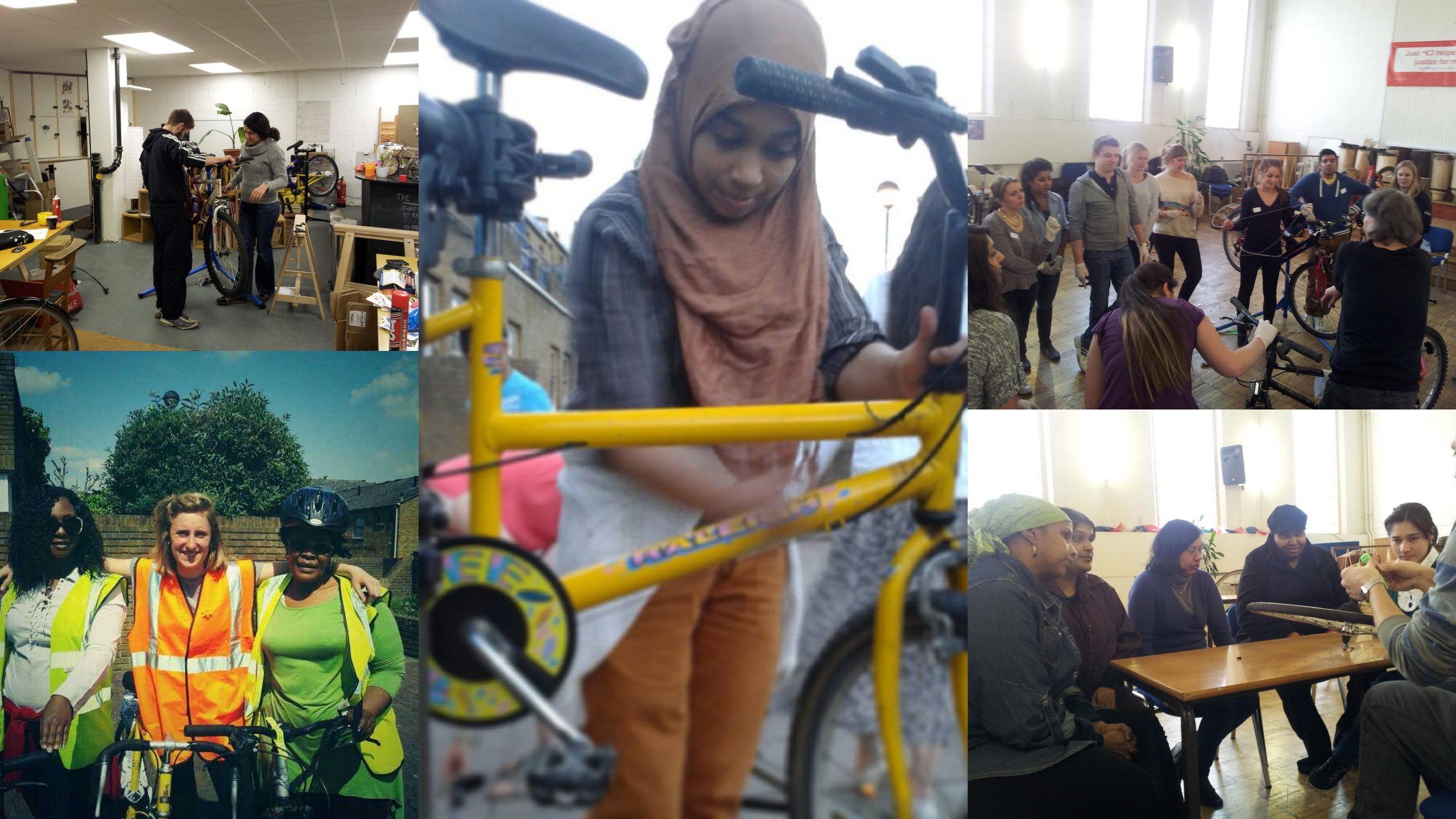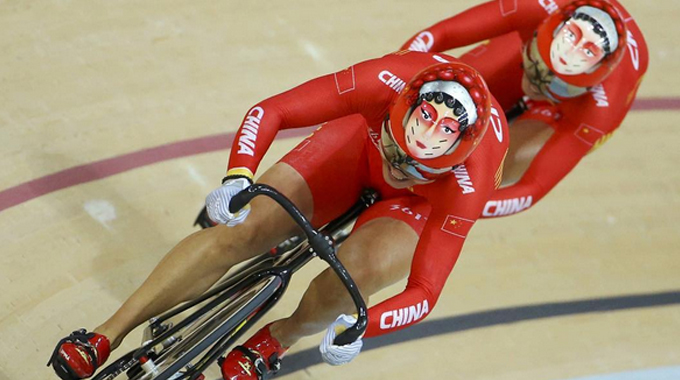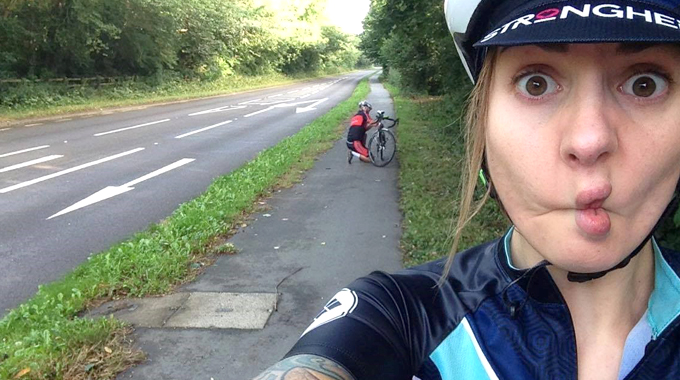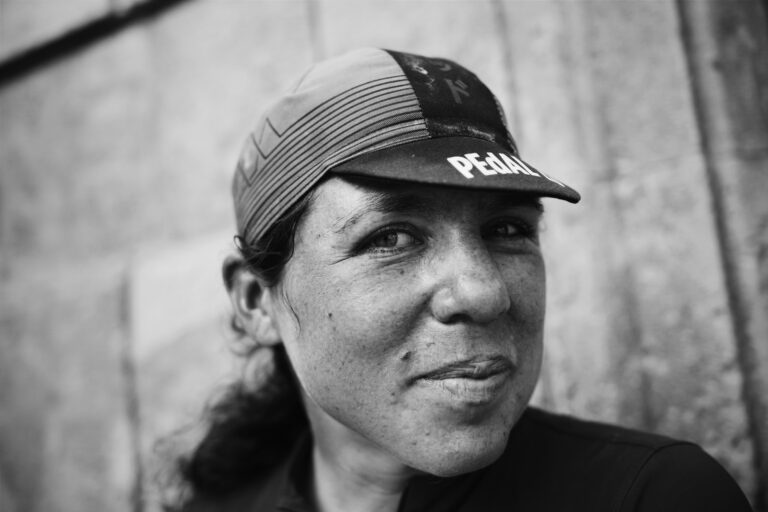Many of us can look back over lives and pinpoint the moment that cycling became a part of our being – picking out clear characteristics that have grown, and progressed as a result. Independence, confidence, and fitness are all examples. The change will be more pronounced in some than in others – and a London based charity has made it their business in recent years to help women for which the transformation will be huge.
Founded by Jem Stein in 2013, The Bike Project is an organisation based in South London – they fix up unwanted bikes, and donate them to people who are living as asylum seekers and refugees. Initially, they didn’t see many women coming to make use of their bikes – and it didn’t take too long to realise this wasn’t down to lack of desire.
Many women had come from societies where females were not encouraged to ride a bike, or where doing so was considered – or made – dangerous for them. The Bike Project made it their mission to address this. In 2014 they applied for funding to set up cycling lessons to teach and inspire the women to ride – transforming them into confident cyclists with more money in their pockets as a result of cash saved by commuting.
We spoke to Operations Manager Claire Donaldson to find out more…
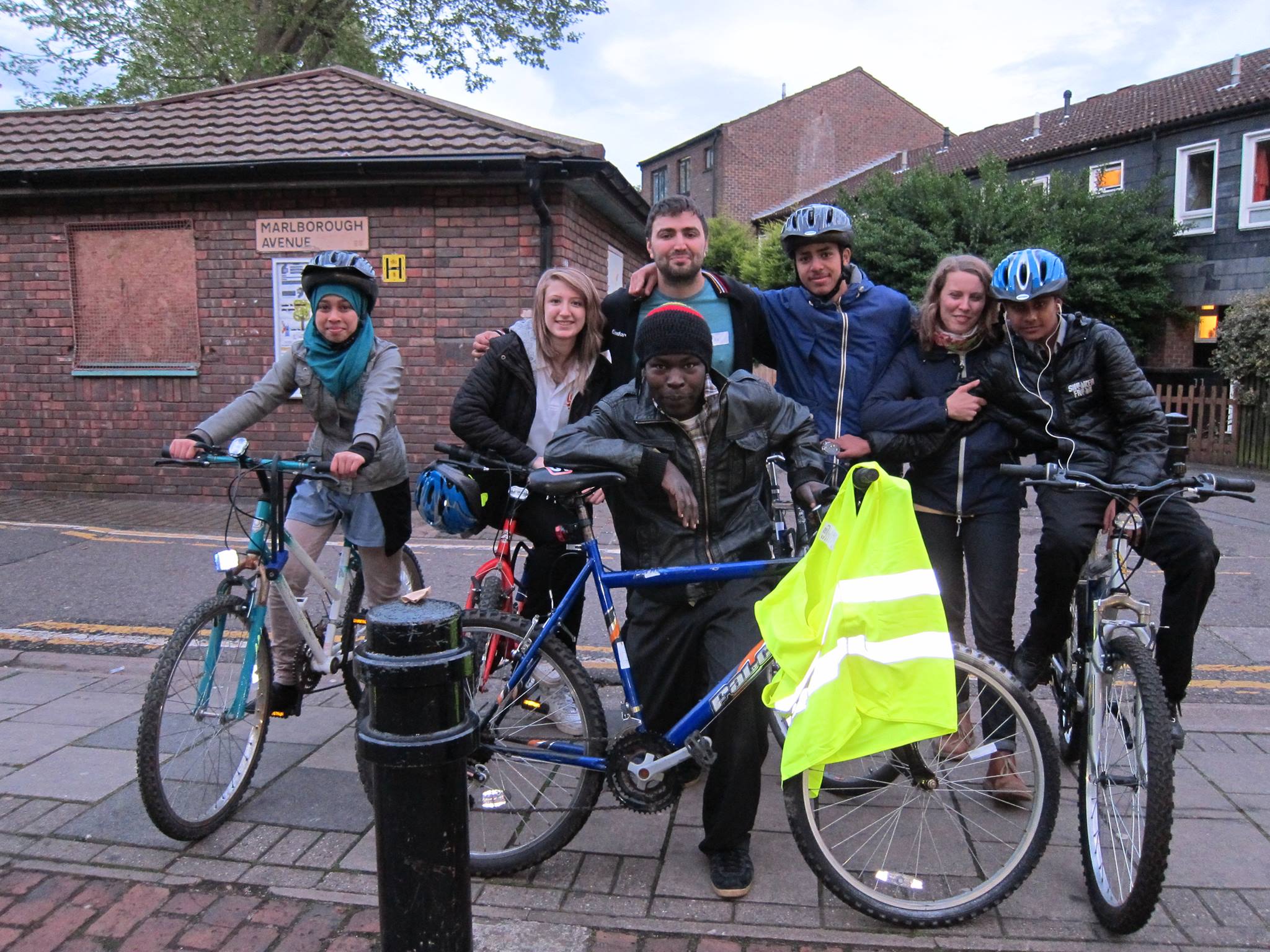
“The people we work with have, without exception, experienced trauma and very tough journeys to where they are now”
- Asylum seekers get £36 a week
- A bus pass costs £21.20
- That leaves £15 to eat and live with
- More than 20,000 bikes are abandoned each year in London
Describing the motivations behind launching classes for women, Claire explains: “We have always found that very few women come to the workshop to get bikes – and upon asking women we met at other refugee service centres, we found that this was largely because in the countries they grew up in, women riding bikes was either very much not ok, or simply not a priority. We want women and men of all backgrounds to have equal access and opportunities to ride bikes and gain the benefits of that, so we got funding to be able to provide asylum seeking and refugee women with a bike, safety gear, and as many lessons as they need to be safe and happy on London roads – or whatever their intended use of the bike is.”

